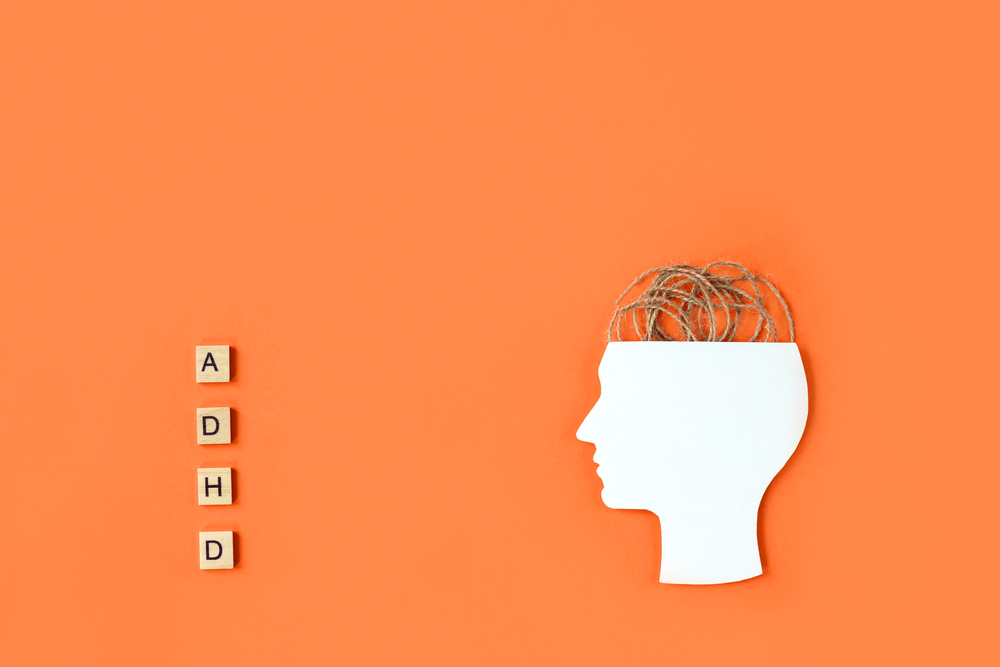In Focus Mental Health Blog
Learn more about psychiatry care in our blog!

College can be an exciting and transformative time, but for students with ADHD, it can also present unique challenges. Balancing coursework, deadlines, social commitments, and independent living often requires strong executive functioning skills - an area where ADHD can make things more difficult. With the right strategies, support, and professional care, students with ADHD can thrive academically and personally.

Living with ADHD can bring unique challenges, especially when it comes to helping others understand your experience. Talking to loved ones about your diagnosis can be an empowering step toward greater understanding, support, and stronger relationships. At In Focus Mental Health, our experienced psychiatrists in Dallas work closely with patients to help them not only manage ADHD symptoms but also navigate important conversations like these.

Schizophrenia is a complex mental health condition that affects how a person thinks, feels, and perceives reality. The early stages can be difficult to recognize, as symptoms may start gradually and often resemble other mental health challenges such as anxiety, depression, or social withdrawal.

When it comes to mental health, symptoms don’t always fit neatly into one category. This is especially true with Attention-Deficit/Hyperactivity Disorder (ADHD) and Anxiety Disorders, which often overlap in how they affect a person’s thoughts, behaviors, and daily life.

When seeking treatment for mental health concerns such as ADHD, depression, anxiety, PTSD, or sleep disorders, patients are often faced with a decision: Should they see a nurse practitioner (NP) or a physician? Both play important roles in mental health care, but their training, scope of practice, and clinical approaches can influence care outcomes.

How ADHD Affects Mood: Recognizing and Managing Emotional Dysregulation

For families in Dallas, navigating concerns about your child’s behavior or attention can feel overwhelming. ADHD is a common neurodevelopmental condition that affects many children and families across the Dallas-Fort Worth area. Recognizing the signs early can make a significant difference in how your child learns, grows, and thrives both at home and in school.

Sleep and mental health are closely intertwined, and for individuals with Attention Deficit Hyperactivity Disorder (ADHD), quality sleep can play a major role in symptom management. Research has shown that sleep disorders often coexist with ADHD, and may worsen core symptoms such as inattention, impulsivity, and emotional regulation. Addressing underlying sleep issues can be a powerful and often overlooked step in improving overall outcomes for those living with ADHD.

Attention-deficit/hyperactivity disorder (ADHD) and depression are two common mental health conditions that can significantly impact daily functioning. While each condition presents its own challenges, many individuals experience both simultaneously. Understanding the connection between ADHD and depression is essential to developing a comprehensive and effective treatment plan. At In Focus Mental Health, we take a personalized and integrative approach to support long-term mental wellness.

For many adults in Dallas, Texas, life moves fast—work deadlines, social commitments, and family responsibilities all pile up. But if you constantly feel overwhelmed, struggle to focus, or find yourself forgetting important tasks, it might not just be stress. Attention-Deficit/Hyperactivity Disorder (ADHD) in adults is often overlooked or dismissed as disorganization or lack of discipline. However, untreated ADHD can have a significant impact on daily life, relationships, and even self-esteem.







